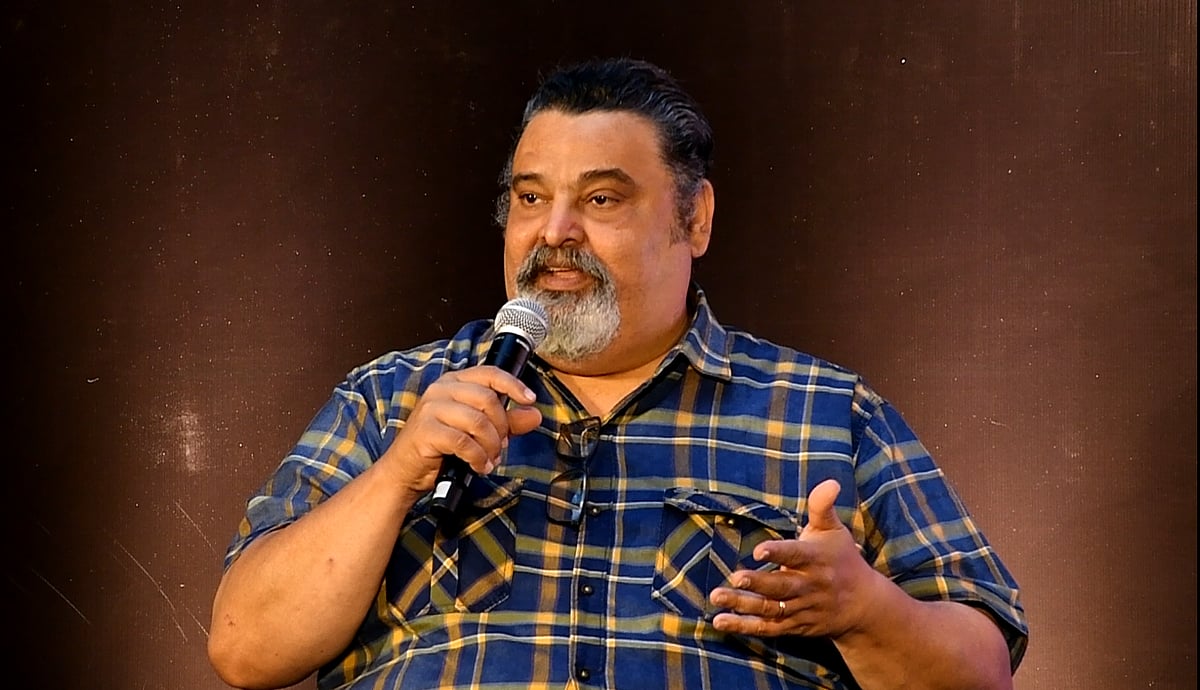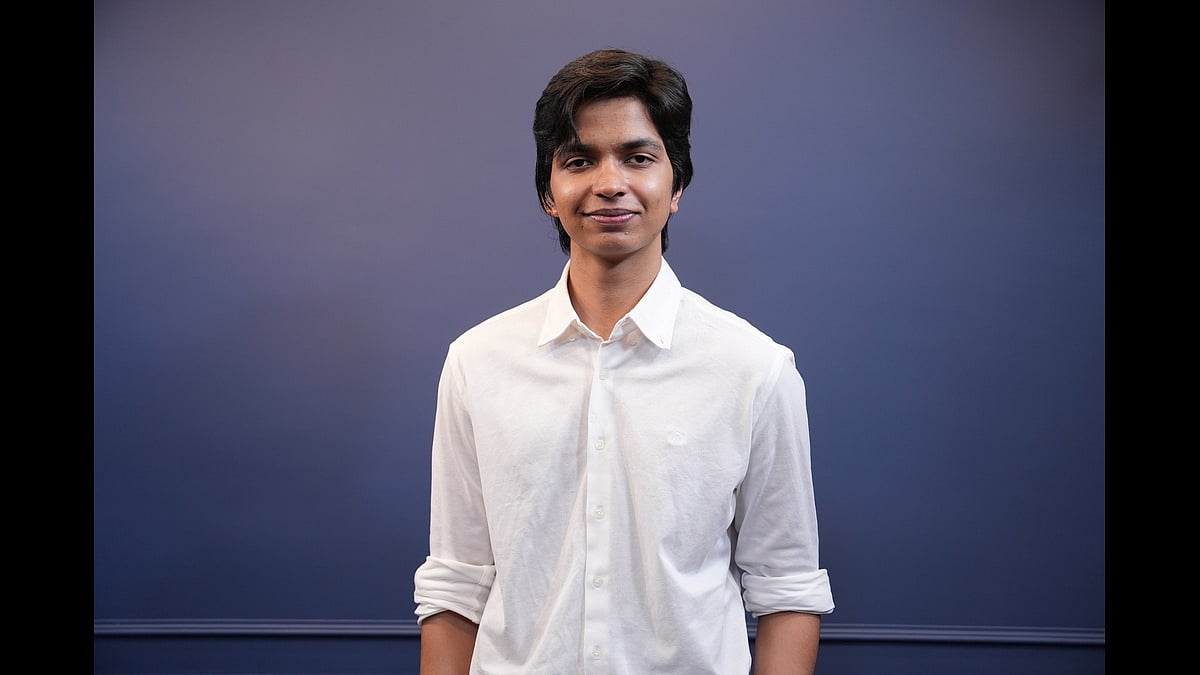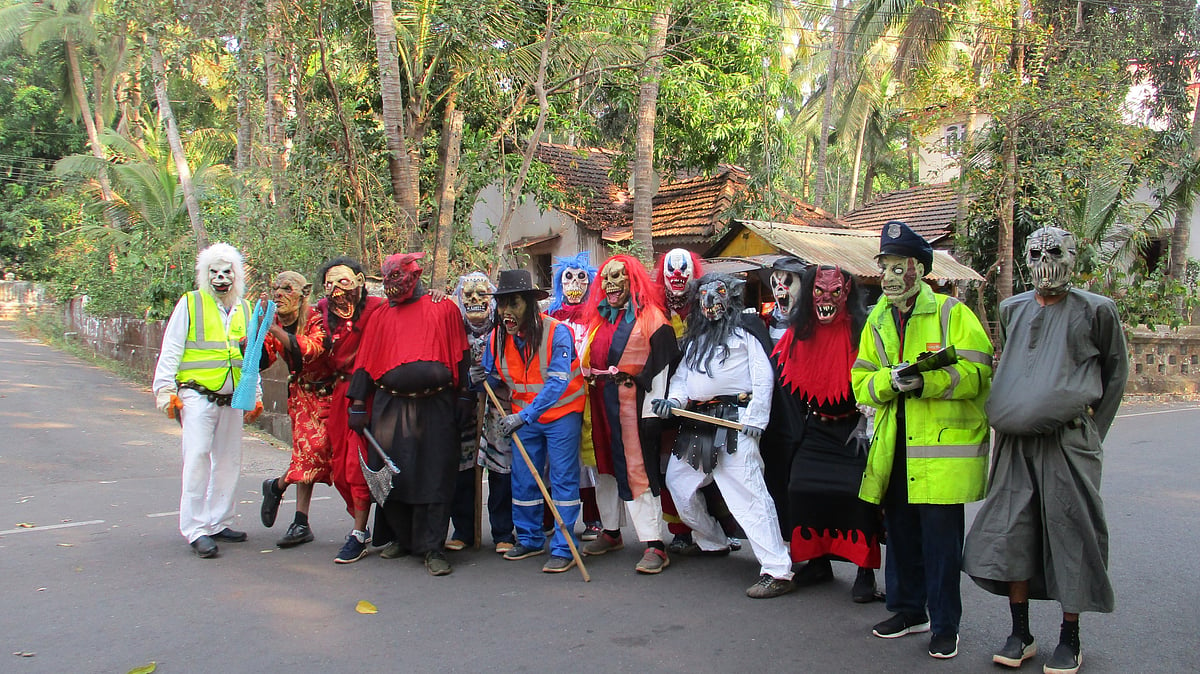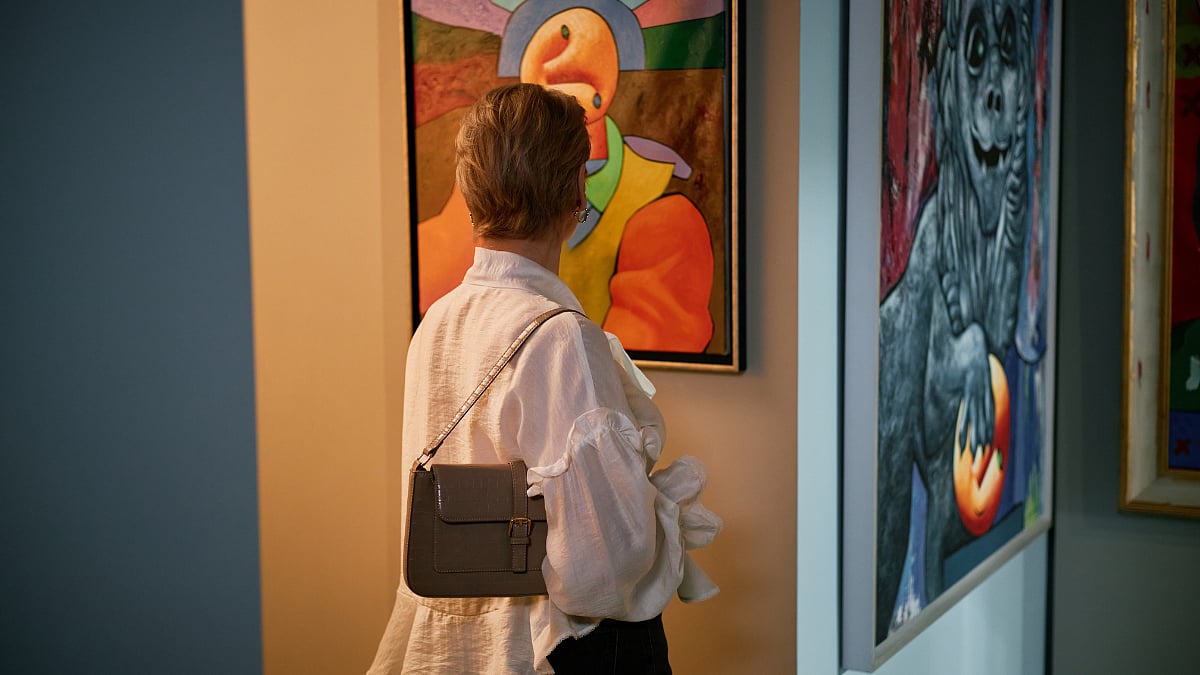The Grammy award-winning song Pashto (composed by tabla maestro Zakir Hussain) from the album As We Speak has an intriguing story to tell. The album has eight songs, which received three nominations and won two Grammys in the categories of Best Global Music performance (Pashto) and Best Contemporary Instrumental Album (As We Speak).
Pashto is a folk, western, jazz and Indian classical music fusion ensemble. It is a Scottish folk melody with a peculiar set of notes which American banjo virtuoso Béla Fleck and bassist Edgar Meyer have incorporated in their flawless renditions. The song has shades of regional Indian folk with classical ragas like Bhimpalasi, Kirmani, Pahadi and Bhairavi, which flautist Rakesh Chaurasia has incorporated in sync with western chords.
Walking us through the composition of Pashto, Rakesh shares, “Pashto is derived from a local Scottish folk tune played by a frontier British army band stationed at the border, which Zakir bhai had heard during his childhood. Interestingly, the British band members became friends with some of the local Indian musicians living in that area, who spoke the local language, Pashto, and exchanged their music and musical instruments. The Pidepipper, thus, remained in India and the Indian shehnai went with the British bands.”
He further adds, “It was around eight years ago, during our collaboration with some Scottish musicians who played this tune to us, that Zakir bhai remembered it from his childhood. He eventually composed the melody and named it Pashto as it’s set in a seven-beat rhythmic cycle known as the Pashto taal in Indian classical music.”

It was during their US Tour when Zakir and Rakesh first met Béla and Edgar. “It was at Zakir bhai’s home in the US that we all jammed together to understand each other's music and style. They were particular that our sounds matched and wanted an instrument that would sound different than a banjo and a double bass. Since the flute complemented them well, we decided to collaborate.”
Rakesh remembers the first collaboration. “Bela invited me to play as a guest at the Blue Grass Festival, which is a folk music festival. Bela stands tall as a renowned Blue Grass artiste, who has fused the folk form with jazz music. He played a couple of solo pieces and called me to play with him on some folk and jazz amalgamations to incorporate Indian classical flavour in the pieces,” he expresses.
Throwing light on the technical aspects of Western classical and jazz music and how different is it from Indian music, he explains, “Their music is all written, well-composed, and designed. You have little scope for improvisation like we do in Indian classical music. What you can do best is to understand the compositions first and then incorporate the Indian classical music stylisation to play them.”
Although there are seven universal notes, there is a huge difference in stylisation. Rakesh elaborates, “Jazz is played fast, so it needs keen observation to follow and simultaneously complement them with your style. Since our practice and styles are different in Indian classical music, we have a constant note ‘sa’, of a particular octave, that we play on the tanpura. Their music is more of chords and harmony in structure, while their note combinations are complex and extremely fast with drastic octave changes. Sometimes, while playing with them, I even wondered if I had this note in my instrument or not.”
Despite differences between American, British, and Indian musicians, the masterpiece has turned out to be beautiful. “They are particular about the sounds and their thought process. Their upbringing in music is different from ours. Edgar and Bela are extremely talented. Edgar is a Western classical music maestro who writes, plays, and even teaches symphony; Bela comes from jazz and blue grass. Zakir bhai is an ace tabla maestro and I am an Indian classical flautist. Together we brought our unique flavours to create Pashto, which became an award-winning masterpiece,” Rakesh shares.
For musicians, winning a Grammy is equivalent to winning an Oscar. Grammy stands out because of the voting process. “What makes the Grammy a valued award is its unique voting process. Only select voters can vote, which includes only past Grammy nominees and winners. The songs are sent to the voters of every category — rock, jazz, country music or classical — who listen to them and then vote. Then comes a third party, which makes the decisions and writes it in an envelope that is opened only during the award presentation,” the Grammy-winner avers.
Elated with his first Grammy, Rakesh signs off, “I haven’t received any awards yet in India for music. I feel extremely excited and humbled to receive my first award for music and that too a Grammy. It’ a great feeling, bringing a Grammy home and making India proud.”










